PHILADELPHIA, U.S./CHENGDU, China: Despite significant advancements in oral health care, periodontitis remains the most common cause of tooth loss, as well as the sixth most prevalent infectious disease worldwide. The discovery of a new type of cell in the epithelial tissue of the periodontium that helps protect against harmful bacteria has thus renewed interest in the notion that our immune systems may be key to this disease.
The study was conducted by researchers at the Monell Chemical Senses Center, a nonprofit independent scientific institute, working alongside scientists from Sichuan University in Chengdu in China. Examining the gingivae of mice, they found that solitary chemosensory cells (SCCs) were present and that they expressed several kinds of taste receptors as well as the protein gustducin. The role of SCCs is to sense any irritants and bacteria that are present, and they have previously been found in the urinary tract, the gut and the nasal cavities.
</br>
The researchers showed that, when gustducin and/or SCCs were genetically removed from the mice’s gingivae, pathogenic oral bacteria often quickly grew in numbers, leading to periodontitis. In contrast, the stimulation of the bitter taste receptors in SCCs was found to promote the production of antimicrobial molecules.
In general, mice without gustducin in their SCCs were found to have a more potentially harmful oral microbiome than those with gustducin present. Crucially, these differences in oral flora compositions were identified prior to the loss of any periodontal bone, implying that they could be regarded as a forerunner to periodontitis and could be helpful in identifying it early.
“Our study adds to a growing list of tissues we now know contain SCCs and indicates that the common molecular pathways in gum SCCs are involved in the regulation of oral microbiota,” said Dr. Marco Tizzano, a researcher at Monell Chemical Senses Center and co-author of the study. “In the absence of taste signaling in the gums, the oral microbiome changed in mice without gustducin.”
Based on this study and other unpublished work relating to humans, the research team has suggested that periodontal SCCs in humans may play a similar regulatory role in regard to our own oral microbiomes.
The study, titled “Gingival solitary chemosensory cells are immune sentinels for periodontitis,” was published online on Oct. 3, 2019, in Nature Communications.
Tags:
QINGDAO, China: Most adults experience episodes of gingivitis, which can progress to periodontitis, yet the role of plaque in gingivitis onset and ...
LOUISVILLE, Ky., US: Researchers from the US have recently examined the role that oral microbes play in regulating antiviral responses in the oral cavity. ...
Digitalisation has penetrated the dental implantology field extensively, considerably changing how patients are treated. Widespread access to digital tools ...
BERNE, Switzerland: Over the years, more and more toothpastes have been released on to the market claiming to aid with one thing or another—with a ...
PHILADELPHIA, US: It was previously believed that Streptococcus mutans was the main microorganism responsible for dental caries. However, in a recent study,...
SEOUL, South Korea: Researchers in Seoul have mapped embryonic dental cells that appear pre-programmed either to build the tooth itself or to form its ...
DOHA, Qatar: In the past, studies showed that the technical quality of root canal treatments performed by general dental practitioners and students often ...
LONDON, UK: In its latest market report, global research firm Technavio forecasts that the global dental diagnostic and surgical equipment market will ...
RIVERSIDE, Calif., U.S.: In the next few years, dentists may start to see the effects of electronic cigarettes (ECs) in more detail. Promoted as a safer ...
RIZE, Turkey: According to the American Cancer Society, 58,450 new oropharyngeal cancer cases and 12,230 deaths are expected in the US alone in 2024. The ...
Live webinar
Tue. 24 February 2026
1:00 pm EST (New York)
Prof. Dr. Markus B. Hürzeler
Live webinar
Tue. 24 February 2026
3:00 pm EST (New York)
Prof. Dr. Marcel A. Wainwright DDS, PhD
Live webinar
Wed. 25 February 2026
11:00 am EST (New York)
Prof. Dr. Daniel Edelhoff
Live webinar
Wed. 25 February 2026
1:00 pm EST (New York)
Live webinar
Wed. 25 February 2026
8:00 pm EST (New York)
Live webinar
Tue. 3 March 2026
11:00 am EST (New York)
Dr. Omar Lugo Cirujano Maxilofacial
Live webinar
Tue. 3 March 2026
8:00 pm EST (New York)
Dr. Vasiliki Maseli DDS, MS, EdM



 Austria / Österreich
Austria / Österreich
 Bosnia and Herzegovina / Босна и Херцеговина
Bosnia and Herzegovina / Босна и Херцеговина
 Bulgaria / България
Bulgaria / България
 Croatia / Hrvatska
Croatia / Hrvatska
 Czech Republic & Slovakia / Česká republika & Slovensko
Czech Republic & Slovakia / Česká republika & Slovensko
 France / France
France / France
 Germany / Deutschland
Germany / Deutschland
 Greece / ΕΛΛΑΔΑ
Greece / ΕΛΛΑΔΑ
 Hungary / Hungary
Hungary / Hungary
 Italy / Italia
Italy / Italia
 Netherlands / Nederland
Netherlands / Nederland
 Nordic / Nordic
Nordic / Nordic
 Poland / Polska
Poland / Polska
 Portugal / Portugal
Portugal / Portugal
 Romania & Moldova / România & Moldova
Romania & Moldova / România & Moldova
 Slovenia / Slovenija
Slovenia / Slovenija
 Serbia & Montenegro / Србија и Црна Гора
Serbia & Montenegro / Србија и Црна Гора
 Spain / España
Spain / España
 Switzerland / Schweiz
Switzerland / Schweiz
 Turkey / Türkiye
Turkey / Türkiye
 UK & Ireland / UK & Ireland
UK & Ireland / UK & Ireland
 Brazil / Brasil
Brazil / Brasil
 Canada / Canada
Canada / Canada
 Latin America / Latinoamérica
Latin America / Latinoamérica
 USA / USA
USA / USA
 China / 中国
China / 中国
 India / भारत गणराज्य
India / भारत गणराज्य
 Pakistan / Pākistān
Pakistan / Pākistān
 Vietnam / Việt Nam
Vietnam / Việt Nam
 ASEAN / ASEAN
ASEAN / ASEAN
 Israel / מְדִינַת יִשְׂרָאֵל
Israel / מְדִינַת יִשְׂרָאֵל
 Algeria, Morocco & Tunisia / الجزائر والمغرب وتونس
Algeria, Morocco & Tunisia / الجزائر والمغرب وتونس
 Middle East / Middle East
Middle East / Middle East


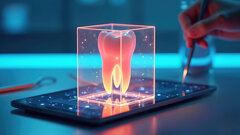

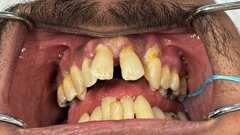
















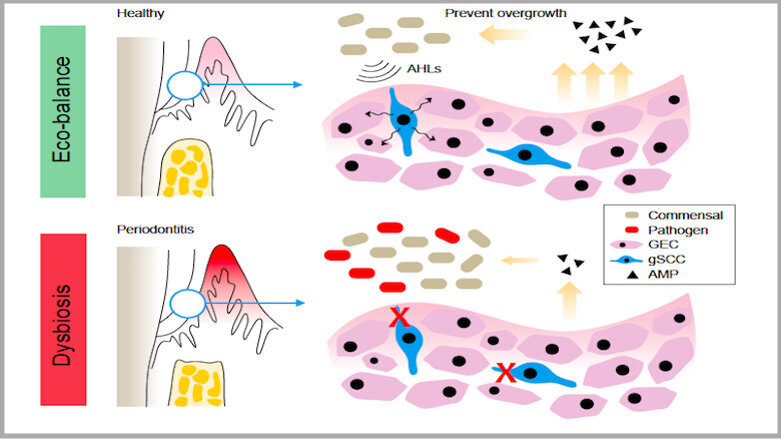



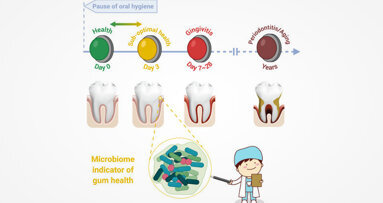
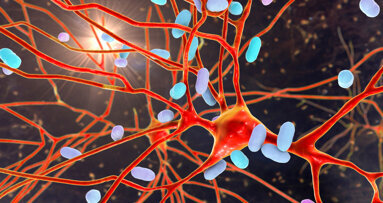
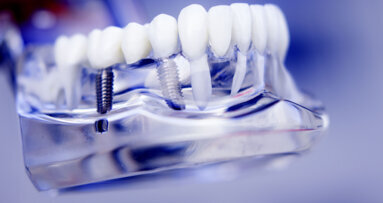
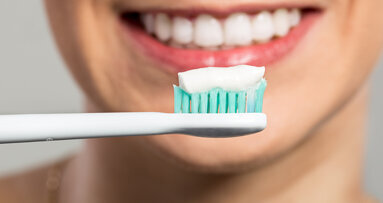
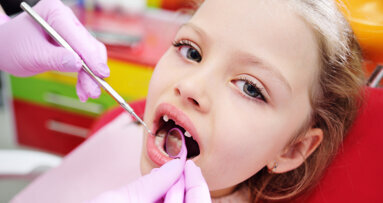
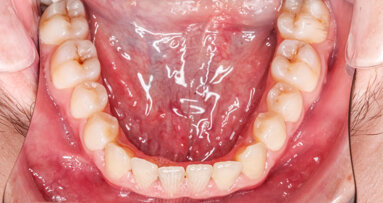
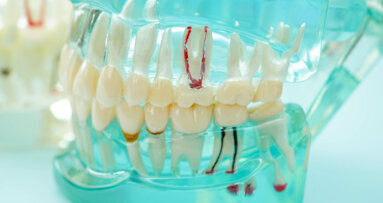


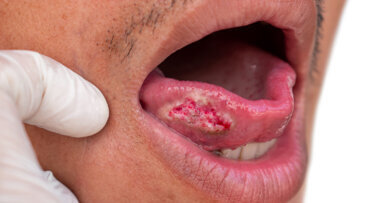









To post a reply please login or register